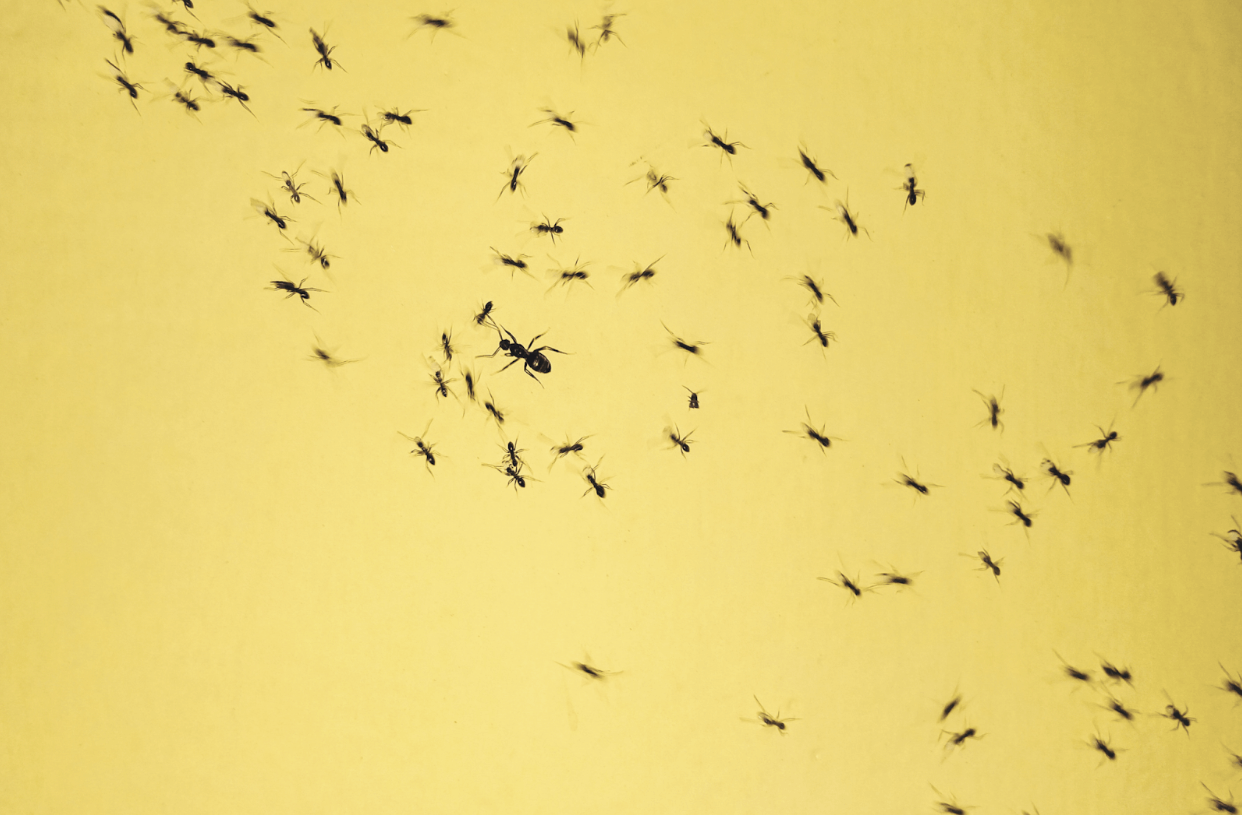Pests like rodents, insects, and wildlife can quickly become a nuisance if left unchecked in and around Newcastle homes. Getting on top of a pest problem early is key to preventing larger infestations that can damage your property or health. This guide covers the most common pest problems and when to contact pest control services based in Newcastle.

Why Pest Control Matters
It’s easy to downplay the importance of controlling pest issues, especially when you first notice minor problems like occasional ants in the kitchen or a single cockroach scurrying behind the fridge when you turn on the light. However, dismissing these signs can allow the issue to grow into a larger infestation. Pests multiply rapidly and can spread to other areas of your home or even into neighbors’ houses.
Beyond being a nuisance, many common household pests also pose health threats by spreading diseases, contaminating food, and causing allergic reactions through bites or stings. Getting professional pest control helps you nip the problem in the bud before it gets out of hand. Investing in high-quality pest management also reduces the chances of pests returning later.
Most Common Pests in Newcastle
The type of pests you’ll encounter most often depends heavily on your home’s location and construction. However, Newcastle residents frequently report issues with the following:
Ants
There are around 12,000 ant species worldwide, several of which can invade UK homes seeking shelter or food. Black garden ants and pharaoh ants are two of the most frequent intruders. They enter through cracks in walls or foundations and follow scent trails to kitchens and bathrooms. Ants are difficult to fully eradicate once established since colonies may have multiple queens and hundreds of thousands of workers.
Bed Bugs
After near extinction in the mid-20th century, bed bugs have made an unfortunate resurgence across Britain. These tiny insects live in bedroom furniture like mattresses and emerge at night to feed on sleeping humans. Their bites usually appear as red, itchy welts. Bed bugs spread quickly between adjoining apartments or hotel rooms and can hitchhike into your home on used furniture or luggage.
Cockroaches
Cockroaches prefer to live in dark, humid spaces and feed on waste, crumbs, grease, and other household items. They can squeeze through extremely narrow gaps to access kitchens and bathrooms. Cockroaches spread germs they pick up in garbage and sewers onto food, cooking tools, and countertops. Since they reproduce rapidly, seeing one or two roaches likely means there’s already a sizable population you have yet to spot.
Mice & Rats
Newcastle’s port location and old infrastructure make it vulnerable to mice and rat infestations. These rodents enter buildings through any opening wider than 1/4 inch for mice or 1/2 inch for rats. They build nests in wall voids, attics, basements, and cluttered storage areas. Rodents pose several health risks beyond general nuisance—their urine and droppings contain harmful pathogens, contaminate or damage food supplies, and gnaw on electrical wires or structure beams if their teeth aren’t worn down.
Wasps, Bees & Hornets
Stinging insects frequently construct hives or nests under roof overhangs or within hollow walls. Their presence around the home increases the risk of painful stings. Some species, like wasps, get more aggressive in late summer when colonies reach peak size. Getting too close to a nest risks provoking an entire swarm. People allergic to venom face potential anaphylaxis without fast medical treatment.
Wildlife
Areas bordering rivers or forests may deal with Wildlife like grey squirrels, foxes, and hedgehogs trying to shelter in attics or sheds. These animals can cause a disturbance with sounds or odors. They also attract ticks and fleas into properties. In some cases, animals like bats roosting in attics increase infection risks for residents by spreading histoplasmosis in their droppings. Supporting wildlife conservation efforts is important, but limiting access to living spaces reduces potential conflicts.
Signs It’s Time to Call Pest Control
If you detect any of the following signs of a possible infestation, it’s a good idea to contact a professional rather than trying dubious DIY remedies found online:
- Droppings or grease marks in cabinets, along baseboards, or around pet food bowls
- Strange odors originating from hidden areas
- Unexplained bites or rashes on the skin
- Holes chewed through food packaging or other household items
- Buzzing, scratching, or movement sounds coming from inside walls
- Visual sightings of roaches, ants, mice/rats, or other pests
- Wasp, yellowjacket, hornet, or bee nests developing outdoors
- Mysterious piles of coarse sawdust or wood shavings
The longer an infestation goes unchecked, the more difficult complete eradication becomes. Acting quickly improves the effectiveness of treatment and reduces overall costs. A pest control technician can also determine if poor sanitation or structural issues enable access that requires additional remediation.
How to Choose the Best Pest Control Company
Not all pest control providers offer the same level of service and capabilities. Follow these tips for selecting one that fits your situation:
Verify licensing and insurance: Technicians should carry full liability and worker’s compensation coverage. Company vehicles should display license numbers confirming they are registered with councils and boards.
Check treatment methods: Established companies explain their treatment plans in detail and use integrated pest management principles combining low-impact methods like vacuums, traps, barriers, and targeted applications rather than broad spraying whenever appropriate.
Read reviews and inspect sample reports: The top-rated pest control outfits have a long track record of solving stubborn infestations effectively. They provide previous customer references, sample inspection reports, and treatment plans.
Ask about specialization experience: Technicians need specialty training and equipment to address some pests and environments. For example, hospitals require stronger protocols and chemicals compared to homes. Make sure the company regularly handles issues matching your needs.
Confirm follow-up support is included: Reputable companies offer follow-up assessments and retreatments at no extra charge if initial treatments don’t fully resolve the infestation. Length and terms of service guarantees indicating their confidence level are good signs, too.
Get estimates in writing: Avoid companies that provide quotes sight unseen over the phone or try locking you into long contracts. Detailed quotes should follow onsite inspections assessing the extent and access points enabling the infestation. However, home visits should not incur separate costs.
Take Control Against Household Pests
Refrain from resigning yourself to sharing your Newcastle property with uninvited pest guests. Significant infestations lead to damaged possessions, contamination risks, lower sanitation, higher cleaning bills, building repairs, or health issues. Stopping problems while they are still minor prevents escalation, saving you headaches.
Implementing preventative measures also reduces the need for pesticide treatments later:
- Install weather seals, screens, and caulk gaps around windows/doors
- Fix dripping faucets and leaks, reducing moisture pests need
- Store food in airtight containers and frequently empty garbage
- Keep vegetation trimmed away from the structure’s exterior
- Set up barriers blocking creature entry into attics/crawlspaces
When prevention falls short, contact a reputable pest control services based in Newcastle that is experienced with targeting unwelcome residents. Getting qualified help brings peace of mind that experts will resolve issues safely and efficiently so you can enjoy living pest-free.
